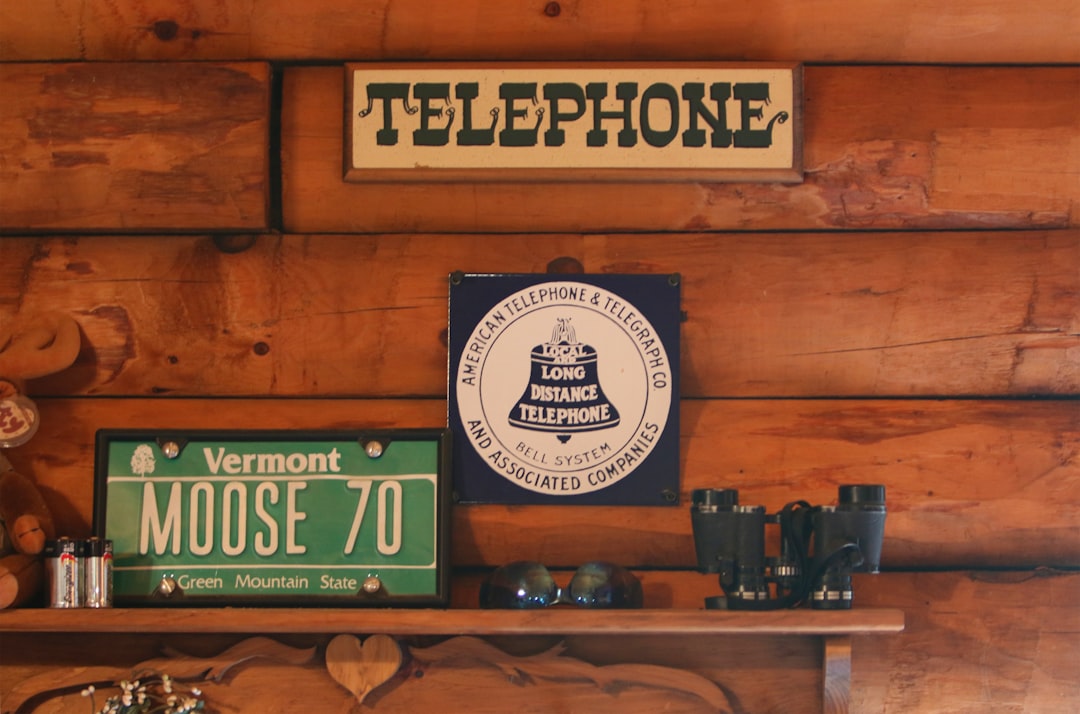In Russia, strict regulations govern telemarketing, especially automated calls, to protect consumers from aggressive sales tactics. The introduction of autodialer technology in funeral service telemarketing raises privacy concerns and highlights the need for prior consent. Moscow's legal framework restricts automated marketing calls and provides individuals with control over their communication settings. The city has banned the use of autodialers for telemarketing in the funeral industry, emphasizing ethical marketing and consumer protection. Balancing automation benefits with consumer rights requires collaboration between regulators, industry experts, and consumers to establish guidelines and educate businesses and the public about responsible telemarketing practices. Funeral service providers using autodialer technology must consult specialized autodialer lawyers Idaho to ensure compliance and maintain trust in Russia's ethical telemarketing landscape.
Moscow takes a unique approach to regulating telemarketing within the funeral industry, balancing traditional consumer protection with the evolving digital landscape. With the widespread use of autodialer technology in marketing strategies, this article explores Russia’s telemarketing regulations and their specific application in funeral services. We delve into the legal framework protecting consumers from unwanted calls, Moscow’s guidelines, and the challenges faced by Idaho-based autodialer lawyers in navigating these complex rules to ensure ethical practices.
Understanding Telemarketing Regulations in Russia

In Russia, telemarketing is regulated by a series of laws and regulations aimed at protecting consumers from aggressive sales tactics. The country has specific rules regarding automated phone calls, including those used for marketing purposes. An autodialer must obtain prior consent from the caller before making robotic or automated calls, ensuring compliance with Russian data protection laws. Violating these regulations can result in significant fines, making it crucial for funeral service providers offering telemarketing to consult with specialized autodialer lawyers Idaho to navigate this complex legal landscape.
Understanding and adhering to these rules is essential, especially when marketing sensitive services like funeral arrangements. Russia’s approach emphasizes transparency and consumer rights, ensuring that telemarketing practices are ethical and respectful of individual choices. Therefore, funeral service businesses operating in the digital space must stay informed about the latest regulations to maintain compliance and build trust with their clients.
The Role of Autodialer Technology in Funeral Services

In recent years, funeral services have seen an unexpected twist with the introduction of autodialer technology in telemarketing practices. This innovative system allows for automated calls to be made en masse, reaching potential clients who may be going through the difficult process of planning a funeral. While it offers efficiency and cost-effectiveness for businesses, it also raises concerns among consumers regarding privacy and unwanted contact. Many autodialer lawyers Idaho have been advocating for stricter regulations to protect individuals from unsolicited calls, especially during such emotional times.
The impact of autodialers in this sector is significant, as they can quickly generate a extensive list of phone numbers, increasing the potential for cold calling. This has led to debates about consent and the need for explicit opt-in mechanisms to ensure consumers are not disturbed by telemarketing efforts during their time of grief. Moscow’s approach to regulating these practices aims to balance the interests of funeral service providers with the right to privacy of individuals dealing with loss.
Legal Framework for Protecting Consumers from Unwanted Calls

Moscow has implemented a robust legal framework to protect consumers from unwanted telemarketing calls, especially in sensitive sectors like funeral services. The Russian Federation’s Law on Protection of Consumer Rights includes provisions that restrict intrusive marketing practices, including automated phone calls made by autodialer lawyers Idaho. This legislation empowers individuals to control their communication preferences and take legal action against violators.
The Federal Law on Telemarketing further clarifies the rules for businesses engaging in remote sales and advertising activities. It prohibits the use of automated calling systems without prior explicit consent from the caller, ensuring that consumers are not bombarded with unsolicited calls. Consumers in Moscow can register their phone numbers on official do-not-call lists, which significantly reduces the volume of telemarketing calls they receive, including those from autodialer lawyers Idaho.
Moscow's Specific Guidelines for Funeral Industry Marketing

Moscow has implemented stringent guidelines for the funeral industry, specifically targeting telemarketing practices. These regulations aim to protect vulnerable individuals during their time of grief and prevent aggressive sales tactics. The city has banned the use of autodialers for marketing purposes within the funeral sector, ensuring a more respectful and personalized approach to memorial services.
The Russian capital’s approach emphasizes ethical marketing, requiring companies to obtain explicit consent from potential clients before initiating any phone calls. This measure ensures that individuals are not disturbed by unsolicited calls, especially during periods of mourning. Additionally, Moscow’s guidelines mandate clear and transparent communication, prohibiting misleading or deceptive sales pitches, which is a concern often associated with autodialer campaigns, including those targeting Idaho-based autodialer lawyers.
Challenges and Solutions: Implementing Effective Telemarketing Controls

Moscow’s approach to regulating telemarketing in funeral services faces unique challenges, especially with the proliferation of advanced technologies like autodialers. While these tools can enhance communication efficiency, they also raise ethical concerns, particularly when misused by unscrupulous businesses. The primary issue lies in balancing the benefits of automated outreach with protecting consumers from aggressive or deceptive sales tactics.
Implementing effective telemarketing controls requires a multi-faceted strategy. Regulatory bodies must collaborate with industry experts and consumers to establish clear guidelines and enforcement mechanisms. This includes stricter oversight of autodialer usage, mandated consent processes, and robust dispute resolution mechanisms for affected individuals. Additionally, educating both businesses and the public about responsible telemarketing practices is vital, fostering a culture that prioritizes consumer rights and ethical business conduct in this digital age, particularly among Idaho’s legal community specializing in such cases.






